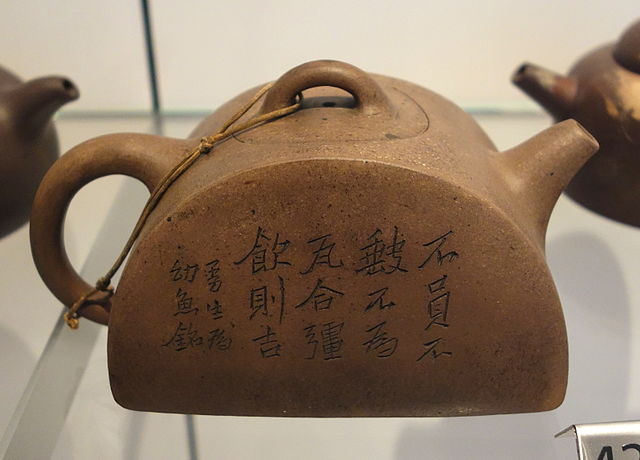Industry News
Section 301 Tariffs Seem Here to Stay
TweetOct. 17, 2022
By:
Pietro N. Bianchi
In a widely watched session during the National Association for Business Economics’ annual meeting on October 11, U.S. Trade Representative (USTR) Katherine Tai stated that the Section 301 Tariffs of 25% (or 7.5%) on Chinese imports are not punishing tariffs, but rather, “playing-field-leveling, fairness, balancing tariffs.” This is a notable shift in the USTR’s language regarding the continuance of Section 301 tariffs and a clear indication that the Biden Administration intends to continue the effort to rebalance the U.S./China trade relationship.

Based on the USTR’s statement, reported by International Trade Today, that the tariffs serve “the need for overall realignment, re-balancing, in the U.S.-China trade relationship in particular,” it is unlikely that the upcoming public comment will veer the course of US trade policy. The USTR has indicated that Section 301 tariffs on Chinese imports are the new norm, at least for the foreseeable future, and that companies should get used to the new playing field. She’s reported to have added that “tariff reduction and market liberalization are not goals in and of themselves.” To the extent it has been Washington’s goal to incentivize companies to diversify supply chains out of China, and importers should not expect the tariffs to terminate until that goal has been reached.
If you have questions about supply chains or section 301 tariffs do not hesitate to contact an attorney at Barnes Richardson, & Colburn LLP.
